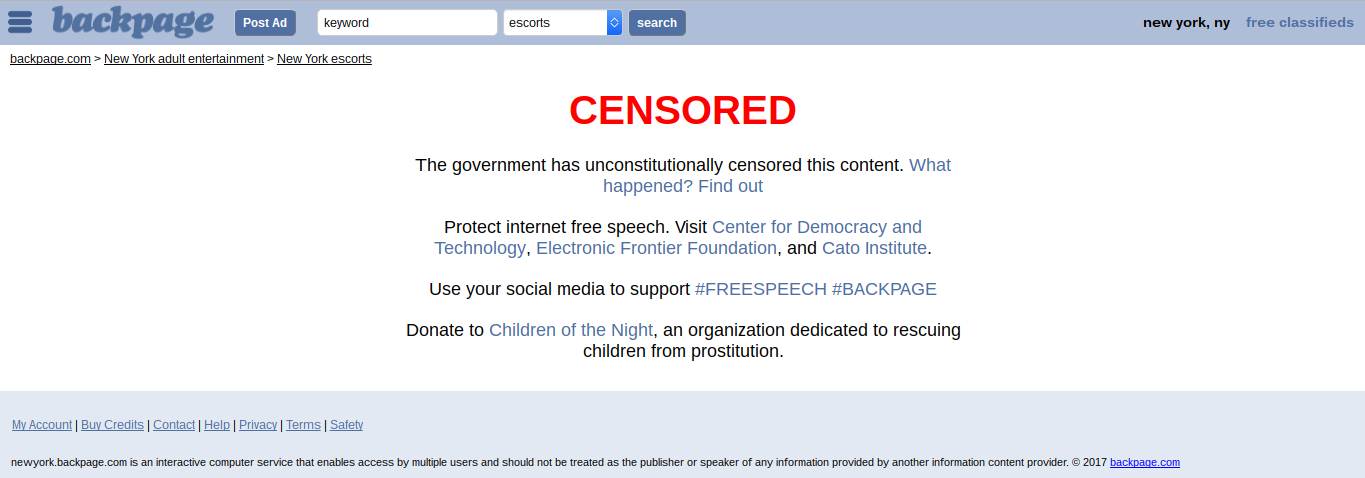There is significant debate within our sex worker community about whether LEAD (Law Enforcement Assisted Diversion) programming, a pre-booking diversion program for low-level drug and sex work related offenses, is a good or bad thing. The first LEAD program launched in Seattle, Washington in 2011, with private funding from the Ford Foundation, Open Society Foundations,… Continue reading Diversion Programs Are For Cops
How You Can Tell That Your New, Perfect, Accepting Partner Isn’t All That Accepting (Or Perfect)
You’ve met that new person, and boy, are they different! They aren’t an unemployed boyfriend living off of your lap-dance money or a girlfriend making snide remarks about you supporting the patriarchy. They’re different from the partners assuming you’re always down to fuck or the ones constantly asking how much you make. No. This new… Continue reading How You Can Tell That Your New, Perfect, Accepting Partner Isn’t All That Accepting (Or Perfect)
Quote of The Week
I am proud of the work I’ve done as part of the Women’s March policy table – a collection of women and folk engaged in crucial feminist, racial and social justice work across various intersections in our country. I helped draft the vision and I wrote the line “…and we stand in solidarity with sex… Continue reading Quote of The Week
Community Funds For Sex Workers Affected By Backpage’s Closure
Lysistrata fund: @Molly-Doom at Venmo or sara.vinik@gmail.com at Paypal for donations, contact sara.vinik@gmail.com or LaFemme.Molly.Doom@gmail.com if you need to receive funds. Limited resources at the moment, but they are trying to solicit more. Donate to @$CharlottePage through Squarecash and the money will be distributed directly to sex workers in need. Donate to Vee Chattie’s fundraiser through Venmo, or… Continue reading Community Funds For Sex Workers Affected By Backpage’s Closure
WTF, Backpage?
We all knew it was coming. With California Attorney General Kamala Harris filing a second set of multiple charges of pimping and money laundering last month against Backpage CEO Carl Ferrer and shareholders Michael Lacey and James Larkin, and with Ferrer and his shareholders’ Senate hearing coming up last Tuesday before the Permanent Subcommittee on… Continue reading WTF, Backpage?




